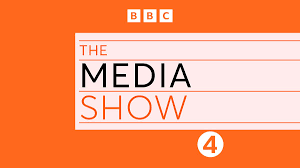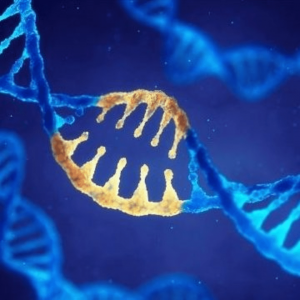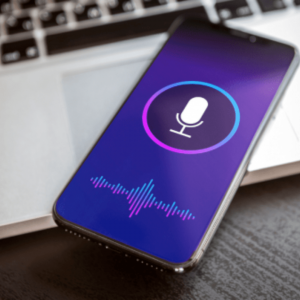
What will AI mean to journalism as a career? This point was debated recently on the BBC’s Media Show.
Everyone knows that ChatGPT, in particular, can help identify initial sources of information and ChatGPT4 is really good at ‘digesting’ huge tracks of information and distilling the key points (think annual reports or court judgements). But should it be used to write copy?
The C-NET experience
Jackson Ryan, Science Editor at C-NET “admitted” that they had been enthusiastic early adopters. They embraced ChatGPT, used it to generate stories, and published them without fact-checking or editorial review. It took about 3 months before they realised that they were publishing factually inaccurate information.
The Sky News experiment
Tom Clarke, Science and Technology Editor with Sky News said that they were much more circumspect in the way that they used it. They did a lot of “news story” testing and seemed genuinely horrified at the level of “invention” of information. He told the story of a significant milk spill on one of the UK Motorways. They fed the information into Chat GPT. It produced an article about the spill but included information about how milk is actually good for motorway surfaces, and enhanced this piece of fiction with equally fictitious university findings. (ChatGPT has a tendancy to hallucinate!).
Controlling the sources
Left unchecked, ChatGPT will continue to generate hallucinations, which will find their way onto the web, which will be crawled by ChatGPT and will add a whole new layer of inaccuracy to future ChatGPT generated text. Now there’s a terrifying thought!











